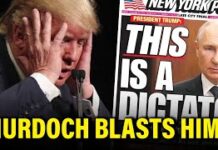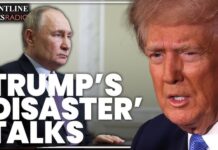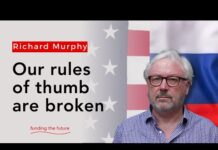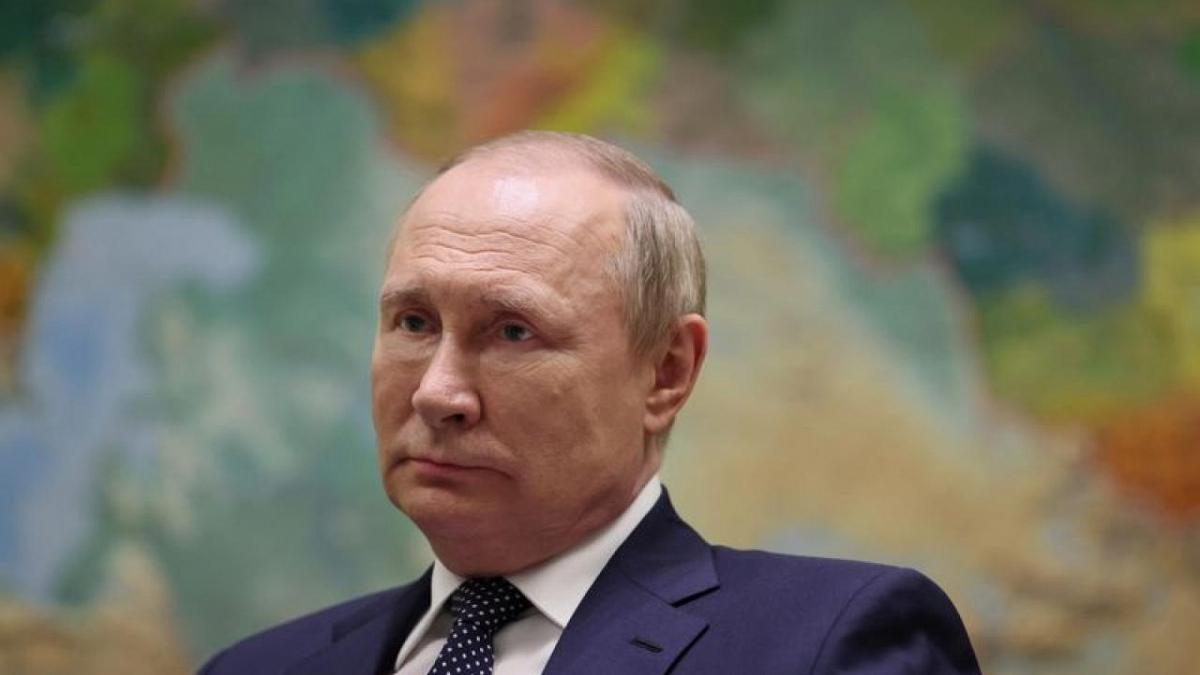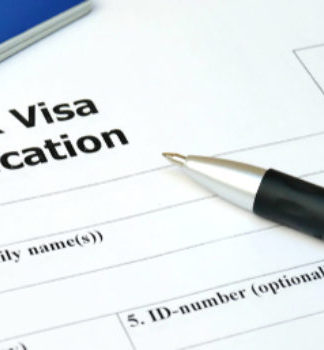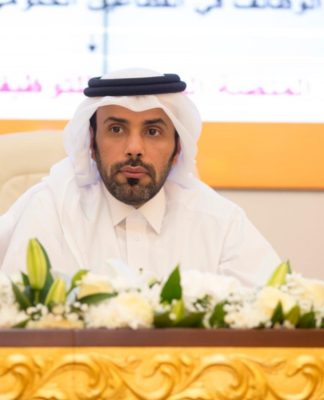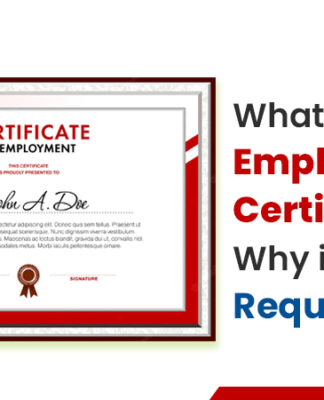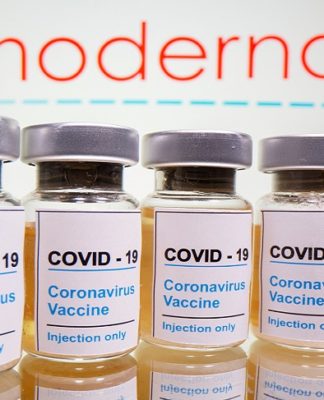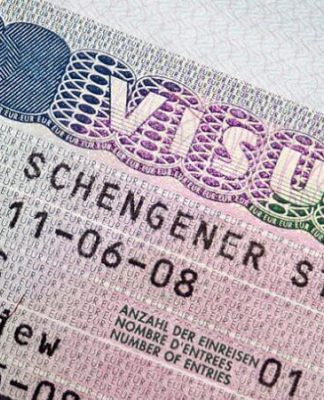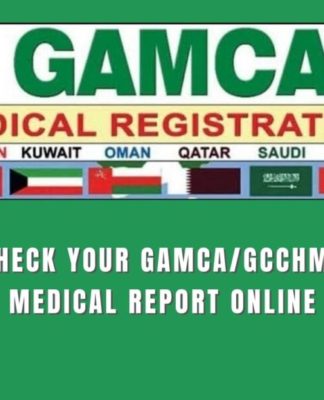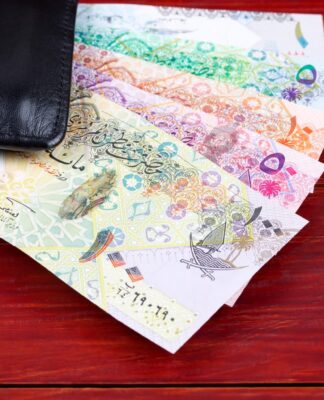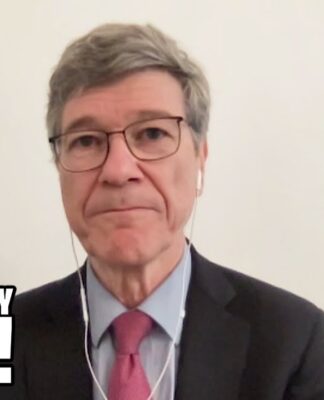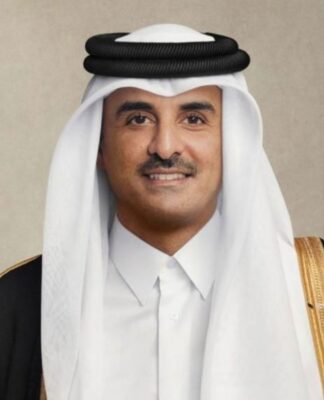How the West miscalculated its ability to punish Russia


Steve H Hanke is a professor of applied economics and founder and co-director of the Johns Hopkins Institute for Applied Economics, Global Health, and the Study of Business Enterprise in Baltimore, Maryland.
He is a senior fellow and director of the Troubled Currencies Project at the Cato Institute in Washington, DC, a senior adviser at the Renmin University of China’s International Monetary Research Institute in Beijing, and a special counselor to the Center for Financial Stability in New York.
Hanke is a well-known currency-reform advocate, and a currency and commodity trader. He served on the late US president Ronald Reagan’s Council of Economic Advisers, has been an adviser to five foreign heads of state and five foreign cabinet ministers, and has held a cabinet-level rank as a state counselor in both Lithuania and Montenegro.
He has been awarded seven honorary doctorate degrees and is an honorary professor at four foreign institutions.
He was president of Toronto Trust Argentina in Buenos Aires in 1995, when it was the world’s best-performing mutual fund.
Currently, he serves as chairman of the supervisory board of Advanced Metallurgical Group NV in Amsterdam.
In 2020, Hanke was named a Knight of the Order of the Flag by the Republic of Albania.
Excerpts of an interview with Professor Hanke follow.
Adriel Kasonta: After failing to prevent the conflict in Ukraine by refusing to rule out the country’s admission to NATO, the collective West has decided to punish Russia with sanctions after the war has broken out. As we are entering the third month of the conflict, what is your assessment of the sanctions’ effectiveness so far?
Steve Hanke: Like all sanctions, those being imposed on Russia are economic weapons that are being deployed in what is, in fact, an undeclared war against Russia. And like all sanctions, they have proved to be totally ineffective in accomplishing their stated goal of changing Russia’s behavior.
Sanctions have never won a war. And if that’s not bad enough, sanctions have been, as economic sanctions often are, counterproductive. Indeed, instead of toppling Vladimir Putin’s regime, the sanctions have done what they typically do: they have created a “rally ’round the flag effect,” which has further entrenched Putin and his associates.
AK: Since you like to say that sanctions are not a free lunch, what is their cost for the US, the European Union, and the world?
SH: We don’t have any official total cost estimates, and we will never receive any official accounting, either. When politicians introduce policies that are not budgeted but impose costs, they prefer to hide them under a shroud of secrecy.
That said, we do have a scattering of cost estimates on the Russian sanctions from investment banks, central banks, international organizations like the IMF, and NGOs. Those estimates, which are somewhat ad hoc and partial – just the tip of the iceberg – indicate that the costs of sanctions will be eye-popping.
While the humanitarian and economic costs imposed on Russia will be massive, they will pale in comparison to the costs imposed on those outside of Russia. In terms of incidence, the EU will bear [a huge] cost, much greater than the US. But the costs and disruptions caused by sanctions won’t be limited to the EU and the US. They will spread throughout the world, putting significant burdens on poor countries and poor peoples.
AK: While the EU is in the process of reducing its dependence on energy from Russia, US President Joe Biden has promised Brussels to help in achieving this goal. Does the US have the capacity to replace Russian gas?
SH: In a word, “No.” President Biden and Vice-President [Kamala] Harris have been busy promising oil and gas to every cat and dog who indicates a need. The problem is that private companies produce oil and gas in the US, and they, not the president or vice-president, will decide who to sell their wares to. Furthermore, those US companies don’t have the capacity to fill the voids that will be created by Brussels’ bans on the purchase of Russian oil and gas.
AK: What is the rationale behind Russia’s demand to pay for its oil and gas in rubles – the currency that was supposed to be reduced to “rubble” but has recently strengthened against the US dollar?
SH: The rationale is largely symbolic, designed to motivate a “rally ’round the flag” effect. Before the “pay in rubles” order, dollars or euros would be sent to Gazprom and then Gazprom would exchange most, but not all, of that foreign exchange into rubles because its expenses are incurred in rubles.
Now, the rubles must be sent directly to Gazprom, so the nexus for the exchange of dollars and euros for rubles takes place before the payment for oil and gas is made to Gazprom instead of after the payment.
As for the ruble, it is very strong, stronger than before Russia’s invasion of Ukraine. The governor of the Central Bank of Russia, Elvira Nabiullina, unlike most central-bank governors, has shown that she is a very capable crisis manager.
AK: What will be the impact of the Russian oil ban in the US and EU?
SH: The impact on the EU countries, with perhaps the exception of Hungary, of the ban on Russian oil and gas and the blocking of insurers from covering Russian cargoes will be very negative and severe.
The US will not escape unharmed. The global oil and gas markets will become politicized and balkanized, with oil not flowing as freely as it has for the past four decades. As a result, everyone will end up paying more than would have otherwise been the case.
AK: Americans are currently coping with the highest inflation in 40 years. What is the root cause of the current situation? Is it really, as President Joe Biden argues, the fault of Putin?
SH: The US inflation has been made in the good old USA. Contrary to propaganda and spin coming out of the Biden White House, Vladimir Putin is not the culprit. The White House, under both [former] president [Donald] Trump and Biden, spent money during the Covid pandemic like drunken sailors and the Fed ran the printing presses at a high speed to finance the spending spree. Inflation always and everywhere only has one cause: the excess production of money.
AK: Can you tell our readers what will be the short-term and long-term consequences of the weaponization of the US dollar?
SH: In the short run, the US dollar, which is the world’s international currency, has been extremely strong, benefiting from its safe-haven status, among other things. In the long run, the weaponization of the dollar and the international dollar-based system will invite challengers. Whether any of those challengers will be successful, I don’t know. The one thing that I do know is that it’s very difficult to challenge a great international currency.
AK: While the US is the top supplier of weapons and arms to Ukraine, the North Atlantic Treaty Organization has been confirmed to be in a proxy war against Russia. What is the logic behind this policy move? Is it benefiting anyone else apart from defense contractors?
SH: To understand geopolitics, one must follow the money. While NATO has 30 members, the US has historically contributed more to NATO’s budget than any other country. As a result, the US runs the NATO show. So it should be as clear as the nose on your face just who was behind NATO’s involvement in Ukraine both before and after Russia’s invasion.
AK: According to International Monetary Fund deputy managing director Kenji Okamura, the priority for the global economy is to end the war in Ukraine. Adding the fact that the conflict imposes a high environmental cost and Western leaders have stressed the importance of ecological awareness, is it possible that they will finally come to their senses by scrapping sanctions and seeking a peace deal?
SH: Unfortunately, the answer is “No.” Policymakers have shown no interest in the scholarly literature and empirical evidence that unambiguously show that sanctions do not achieve their stated goals and often create very negative unintended consequences.






